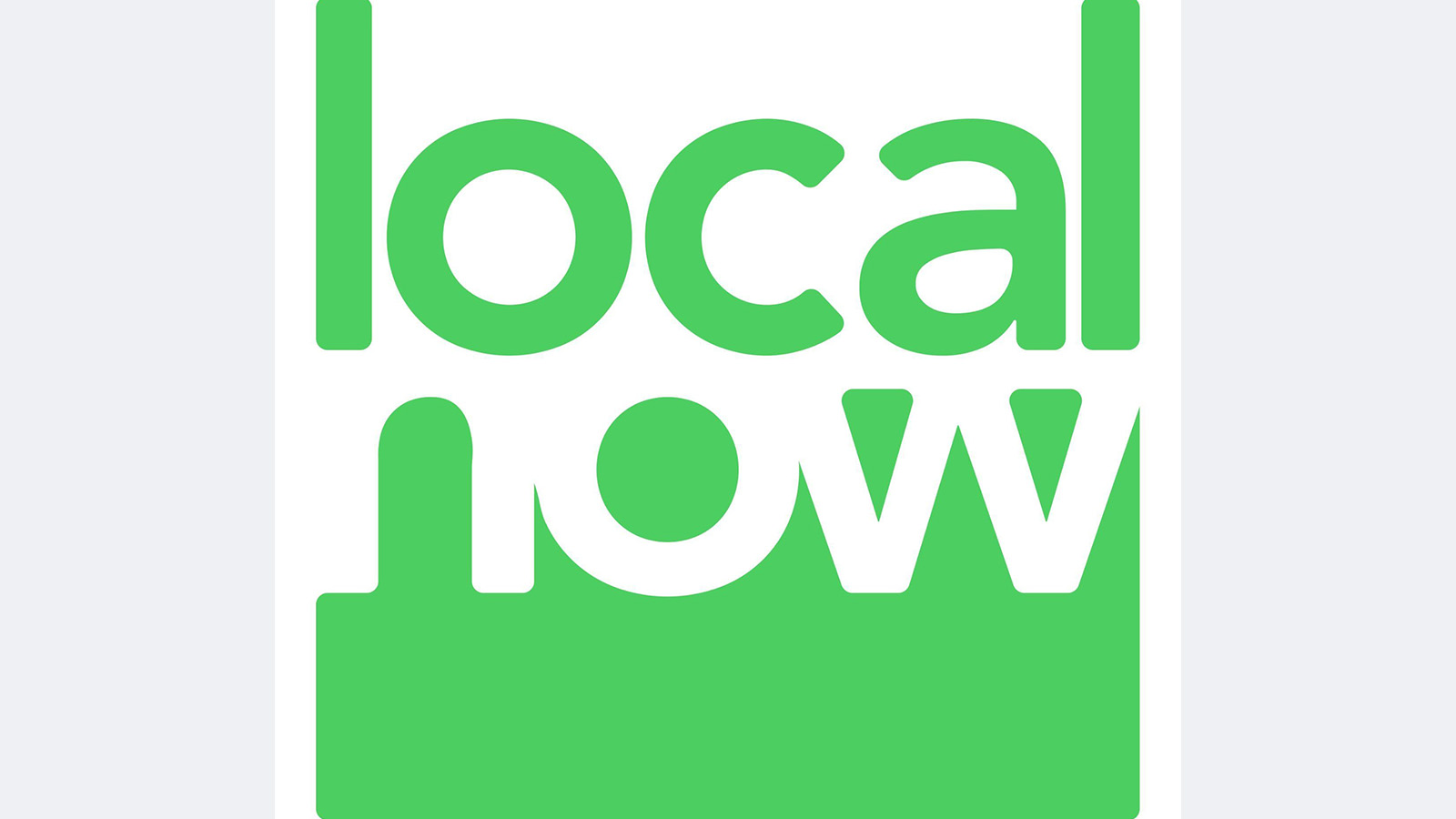FCC to Vote on Net Neutrality, Emergency Alert Rules on Oct. 19
The Commission will also consider new rules on accessibility, the E-Rate program, unlicensed use of the 6 GHz band and other issues at its open meeting

WASHINGTON, D.C.—The Federal Communications Commission has announced that the agenda for its October Open Meeting on Thursday, October 19, 2023 will include votes on its controversial plans for net neutrality, as well as votes on new rules for wireless emergency alerts, improved video accessibility, the E-Rate program for schools and libraries, the unlicensed use of 6 GHz band and other issues.
The meeting is scheduled to commence at 10:30 a.m. in the Commission Meeting Room of the Federal Communications Commission, 45 L Street, N.E., Washington, D.C. and will be streamed live at www.fcc.gov/live and on the FCC’s YouTube channel.
The FCC described the agenda items as follows:
- Safeguarding and Securing the Open Internet (WC Docket No. 23-320). The Commission will consider a Notice of Proposed Rulemaking that proposes to reestablish the Commission’s authority over broadband Internet access service by classifying it as a telecommunications service under Title II of the Communications Act, which would allow the Commission to protect consumers by issuing straightforward, clear rules to prevent Internet service providers from engaging in practices harmful to consumers, competition, and public safety; establish a uniform, national regulatory approach rather than disparate requirements that vary state-by-state; strengthen the Commission’s ability to secure communications networks and critical infrastructure against national security threats; and enable the Commission to protect public safety during natural disasters and other emergencies.
- Modernizing the E-Rate Program for Schools and Libraries (WC Docket No. 13-184). The Commission will consider a Declaratory Ruling that would clarify that the use of Wi-Fi on school buses is an educational purpose and the provision of such service is therefore eligible for E-Rate funding.
- Broadband Connectivity and Maternal Health— Implementation of the Data Mapping to Save Moms’ Lives Act (GN Docket No. 23-309). The Commission will consider a Notice of Inquiry that will seek comment on its proposed plan to improve and enhance maternal health data in the Mapping Broadband Health in America platform, in order to ensure that future updates to the platform reflect input from stakeholders and other interested parties and improves the user experience. The platform was updated in June 2023 to incorporate publicly available data on maternal mortality and severe maternal morbidity pursuant to the Data Mapping to Save Moms’ Lives Act.
- Unlicensed Use of the 6 GHz Band (ET Docket No. 18-295); Expanding Flexible Use in Mid-Band Spectrum Between 3.7 and 24 GHz (GN Docket No. 17-183). The Commission will consider a Second Report and Order that would expand unlicensed use of the 6 GHz band by permitting very low power devices to operate in two sub-bands, a Second Further Notice of Proposed Rulemaking that would propose to expand very low power device operations to the remainder of the band, and a Memorandum Opinion and Order that would address a remand from a court challenge of a previous decision in the docket.
- Connect America Fund (WC Docket No. 10-90); Connect America Fund – Alaska Plan (16-271); Universal Service Reform – Mobility Fund (WT Docket No. 10-208); ETC Annual Reports and Certifications (WC Docket No. 14-58); Telecommunications Carriers Eligible to Receive Universal Service Support (WC Docket No. 09-197). The Commission will consider a Notice of Proposed Rulemaking seeking comment on the use of high-cost program funding to continue supporting fixed and mobile services in Alaska. The accompanying Report and Order makes administrative changes to streamline high-cost program rules.
- Wireless Emergency Alerts (PS Docket No. 15-91); Amendments to Part 11 of the Commission’s Rules Regarding the Emergency Alert System (PS Docket No. 15-94). The Commission will consider a Report and Order that would improve Wireless Emergency Alerts by making WEA messages available in additional languages, including American Sign Language (ASL); supporting maps that show the location of an emergency; making it easier to conduct public-facing WEA performance and public awareness tests; and providing alert originators and members of the public with access to information about where and how WEA is available within their communities.
- Video Description: Implementation of the Twenty-First Century Communications and Video Accessibility Act of 2010 (MB Docket No. 11-43). The Commission will consider a Second Report and Order that will enhance support for individuals who are blind or visually impaired by expanding audio description requirements to additional market areas. The Order would help ensure that a greater number of individuals who are blind or visually impaired can be connected, informed, and entertained by television programming.
Get the TV Tech Newsletter
The professional video industry's #1 source for news, trends and product and tech information. Sign up below.
George Winslow is the senior content producer for TV Tech. He has written about the television, media and technology industries for nearly 30 years for such publications as Broadcasting & Cable, Multichannel News and TV Tech. Over the years, he has edited a number of magazines, including Multichannel News International and World Screen, and moderated panels at such major industry events as NAB and MIP TV. He has published two books and dozens of encyclopedia articles on such subjects as the media, New York City history and economics.

